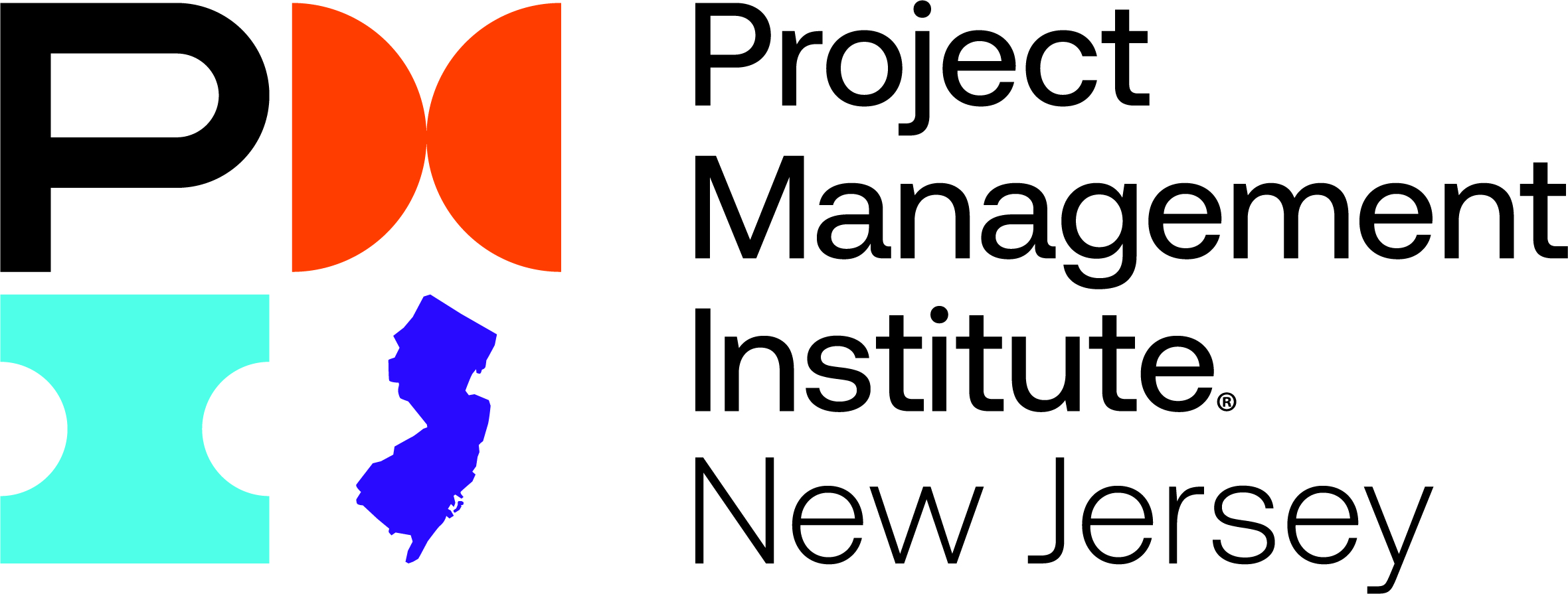In tribute to National Book Lovers Day, 9-August, let us pause and give thanks to our benefactor Johannes Gutenberg, the inventor of the printing press in 1440. Previously books were only available to a small segment of society. An innovation with monumental impact, the printing press afforded accessibility of ideas, stories, and a shared humanity to the masses. It inspired the aspiration of literacy, not to line coffers, but to line our minds with connection to our fellow earthly inhabitants.
Today, innovations transport us from the printed book to the digital audio book, making books accessible to the most remote places on the planet, even places without bookstores!
To whet the appetite of our project management practitioners, here are some recommendations for your late summer - or anytime - reading.
For those thinking about - or new to - Project Management, a quick read about the concepts of the discipline is Lead Successful Projects by Antonio Nieto-Rodriguez. A past Chairman (2016) of PMI and member of the Board of Directors from 2013 to 2018, Nieto-Rodriguez is a formidable champion of Project Management and a pragmatist. This work recommends approaching projects with authenticity and connection to the project team. He offers 10 Principles to Success that are both strategic and technical in nature. My favorite is Principle #6: The perfect is the enemy of the good. There is peripheral mention of the well-known project fiascos that in the end turned out to be successful: Denver International Airport and the Panama Canal. For a deeper dive, I would recommend readers read case studies of these two projects.
For the experienced practitioner, Nieto-Rodriguez’ The Project Revolution is a must read. In this more expansive work, Nieto-Rodriguez delves into what he calls the “project economy”, where more and more value proposition initiatives are run as projects. The author offers a Project Canvas, a framework to manage projects successfully. Hierarchy of Purpose, another framework, helps prioritize corporate initiatives. He explains how the speed-of-light advancements in innovation are disrupting business models as they used to be, and corporations and their leaders need to rethink their approach to adding value to their organizations and increasing competitive advantage. Ample examples of successful and not successful projects are discussed.
…the degree to which project activities are reflected in the organization’s structure determines overall implantation success. When executives underestimate or completely ignore this fact, organizations fail to evolve (or adapt) as quickly as the business and markets do. As a result, organizations disappear, and a large proportion of strategic projects fail.”
To watch Nieto-Rodriguez in action, you can listen to his webcast, view YouTube videos and subscribe to his newsletter on LinkedIn.
Another one of my favorite PM authors is Gina Abudi – her books: Implementing Positive Organizational Change and Best Practices for Managing BPI Projects (which she co-wrote with Yusuf Abudi). Abudi is a change management expert with almost thirty years’ experience as a practitioner working with medium and large organizations. In these two works, Abudi offers excellent best practices to implement change in organizations with tools and skills needed for the greatest impact. Business Process Improvement projects are never fun, but Gina’s approach offers practical methods to define, plan and execute process changes.
These last two books assume that the reader is familiar with PMBOK and offers planning and execution exemplars and well thought-out rationales.
Trying to identify a favorite among these four books is like asking which is your favorite child! I love them all for different reasons. The Abudi books are very specific to the type of projects, Change Management and Business Process Improvement. The Nieto-Rodriguez books are more general but just as compelling. There is an art and a science to project management. Both these authors recognize this and deftly offer examples on how to address both.You can find additional project management resources on PMI.org and on the Harvard Business Review (HRB.org).





